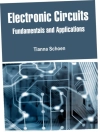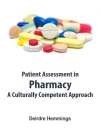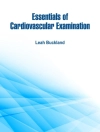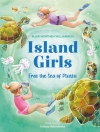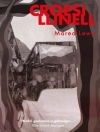
Under U.S. policy and international treaty, the goals of planetary protection are to avoid both adverse changes in Earth’s environment caused by introducing extraterrestrial matter and harmful contamination of solar system bodies in order to protect their biological integrity for scientific study. The United States has long cooperated with other countries and relevant scientific communities through the Committee on Space Research (COSPAR) of the International Council for Science in developing planetary protection guidance for different categories of space missions. In the past, achieving planetary protection objectives through science-based, international-consensus guidelines proved relatively straightforward because a small number of spacefaring nations explored the solar system, predominantly through government-led and scientifically focused robotic missions.However, interest in, and the capabilities to undertake, exploration and uses of outer space are evolving and expanding. More countries are engaging in space activities. Private-sector involvement is increasing. Planning is under way for human as well as robotic missions. As recent advisory reports have highlighted, the changes in the nature of space activities create unprecedented challenges for planetary protection.This publication responds to NASA’s request for "a short report on the impact of human activities on lunar polar volatiles (e.g., water, carbon dioxide, and methane) and the scientific value of protecting the surface and subsurface regions of the Earth’s Moon from organic and biological contamination." It provides an overview of the current scientific understanding, value, and potential threat of organic and biological contamination of permanently shadowed regions (PSRs), lunar research relevant to understanding prebiotic evolution and the origin of life, and the likelihood that spacecraft landing on the lunar surface will transfer volatiles to polar cold traps. It also assesses how much and which regions of the Moon’s surface and subsurface warrant protection from organic and biological contamination because of their scientific value.


